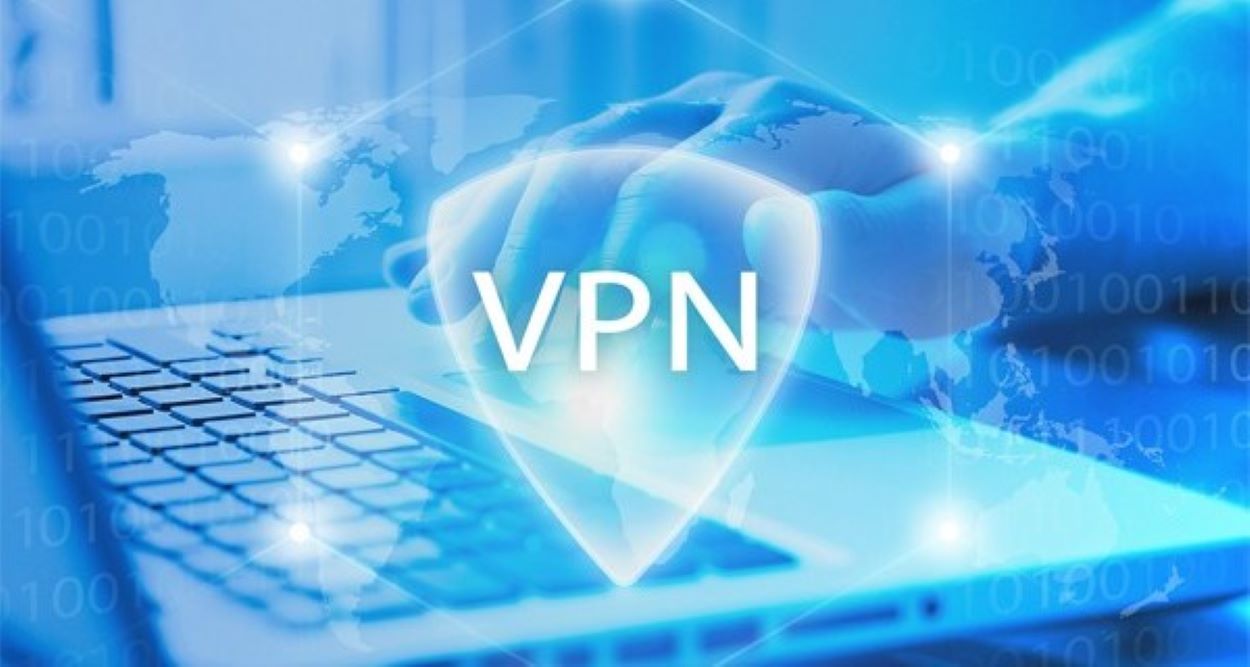The Pakistan Telecommunication Authority (PTA) has confirmed that the authority has no intentions of blocking virtual private networks (VPNs) in Pakistan.
A VPN establishes a secure, encrypted connection between a user’s computer and a remote server. This setup protects personal data, hides the user’s IP address, and allows access to blocked websites and firewalls, ensuring privacy and security online.
VPN usage in Pakistan has recently increased, particularly following the blockage of the social media platform X, owned by Elon Musk, and ongoing internet disruptions. Users also rely on VPNs for faster connections and quicker downloads.
The country has experienced internet issues for several weeks, attributed to a faulty submarine cable. Repairs are expected by early October. The internet community and IT sector have criticized these disruptions, suggesting they might be due to tests of an internet firewall intended to control social media access and filter content.
Read: PTA Announces Plans to Block Unregistered VPNs in Pakistan
The government has previously cited a rise in VPN usage due to the internet slowdown. The PTA urges IT companies, software houses, freelancers, and banks to register their internet protocols (IPs) for using VPNs. This registration ensures that their internet services remain stable during disruptions.
The PTA’s statement also highlighted that VPN registration is a straightforward, no-cost process available through the PTA and Pakistan Software Export Board (PSEB) websites, typically completed within two to three days.
Read: Report Reveals VPNs Boost Internet Speed Amid Pakistani Disruptions
Previously, the PTA initiated a “one-window” operation for VPN registration to support the secure and uninterrupted operations of software houses, call centres, freelancers, and foreign missions. Since 2020, over 20,000 IPs have been registered for VPNs.






